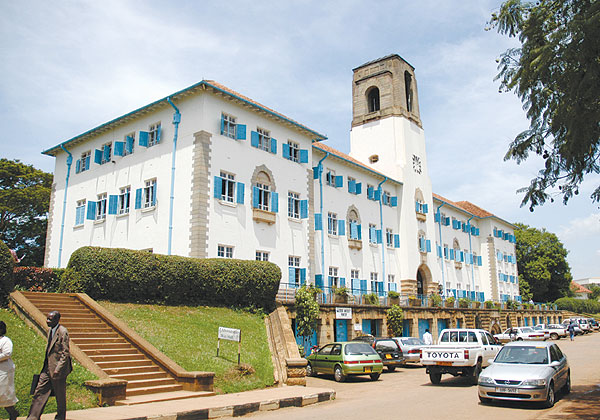Amos Lugoloobi, Minister of State for Planning
Government has celebrated the drop in Uganda’s fertility rates, saying the latest trends of women now having fewer children will protect the economy.
However, despite some MPs wonder why Government should celebrate a drop in fertility rates, instead of ensuring the fertility rates are tripled.
This followed a revelation by Amos Lugoloobi, Minister of State for Planning during the recent presentation of the National Development Plan IV before Parliament’s Budget Committee, where he was highlighting some of the achievements attained in the previous National Development Plan III.
“The fertility rate reduced to 5.2 children per woman in 2022/23, from 6.2 children in 2010,” noted Lugoloobi.
However, his revelation attracted questions from Patrick Isiagi, Chairperson Budget Committee, who tasked the Minister to explain why a drop in fertility rates in Uganda should be viewed as an achievement.
Isiagi asked, “Is that an achievement?” to which Minister Lugoloobi responded, “Yes the fertility rate reducing, that is an achievement,” prompting Isiagi to add, “We need to triple.”
However, Minister Lugoloobi rejected the proposal noting, “Oh my God, that would be too dangerous for the economy.”
During the meeting, Minister Lugoloobi revealed that although the stock of total paved national road network has increased to 6,999Kms in 2023/24, from 3112Kms in 2010/11, this stock of road network needs routine maintenance and called for Government’s investment in other transport infrastructure like air, water and rail in order to reduce the high costs of transport Ugandans are incurring on roads.
He said, “Transport infrastructure is less rationalized and largely biased towards roads, in fact, roads constitute about 90% of our transport infrastructure. The overreliance of road infrastructure has led to significant inefficiencies as only about 25% of the roads are paved, leaving the majority of the network susceptible to wear and tear especially during the rainy season.”
The Minister added, “The limited capacity of roads to handle large traffic volumes exacerbates congestion, particularly in urban centres like Kampala where delays significantly inflate transportation costs and reduce productivity, very significantly. So our appeal is to use more of rail, air and water.”





